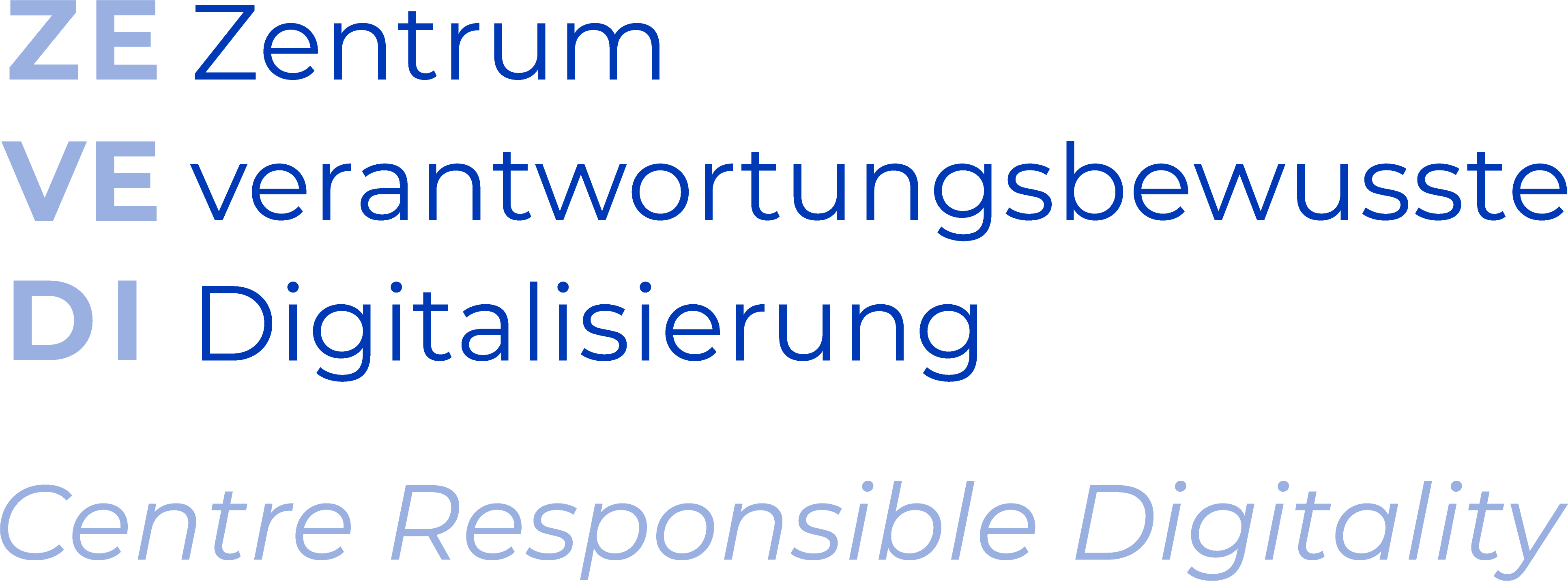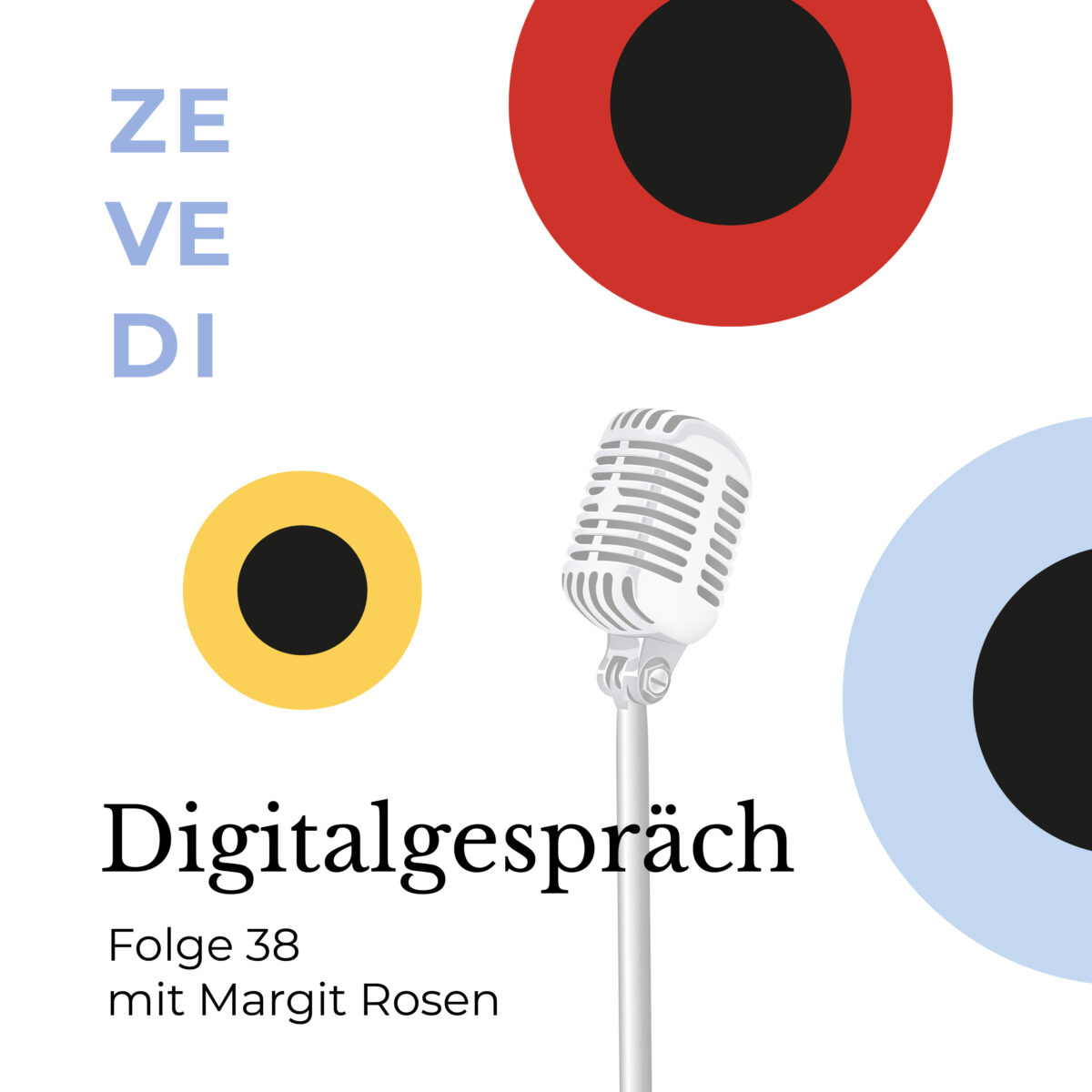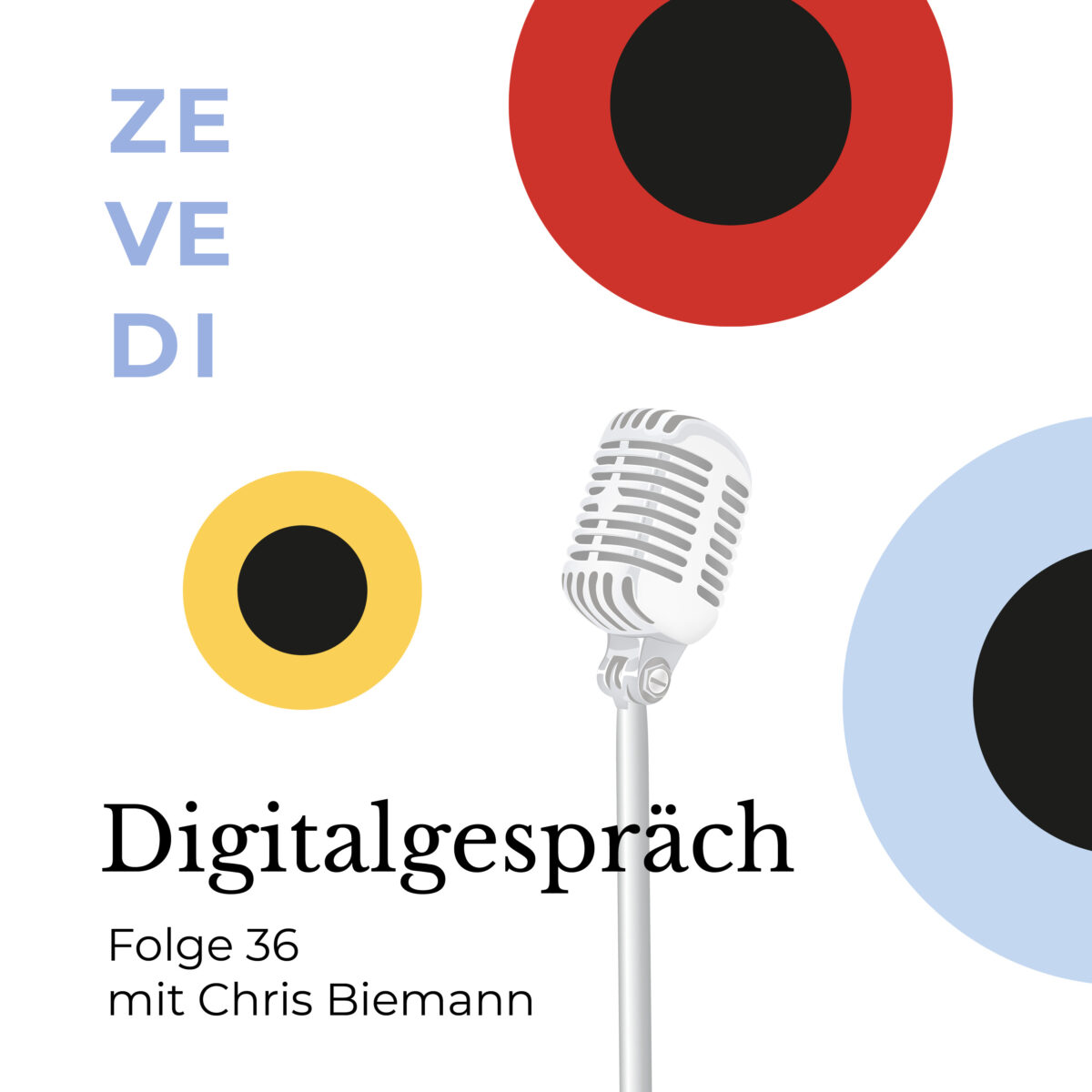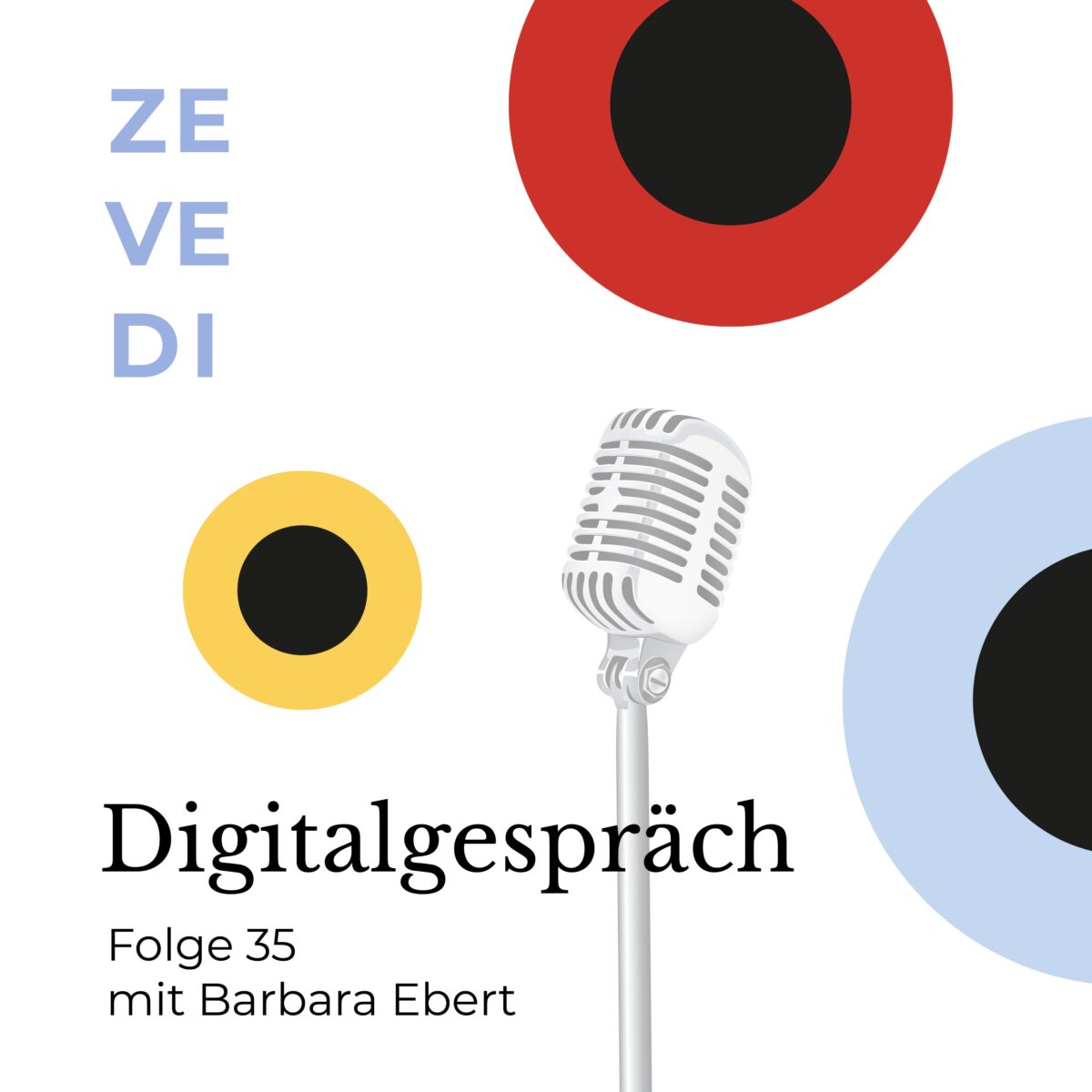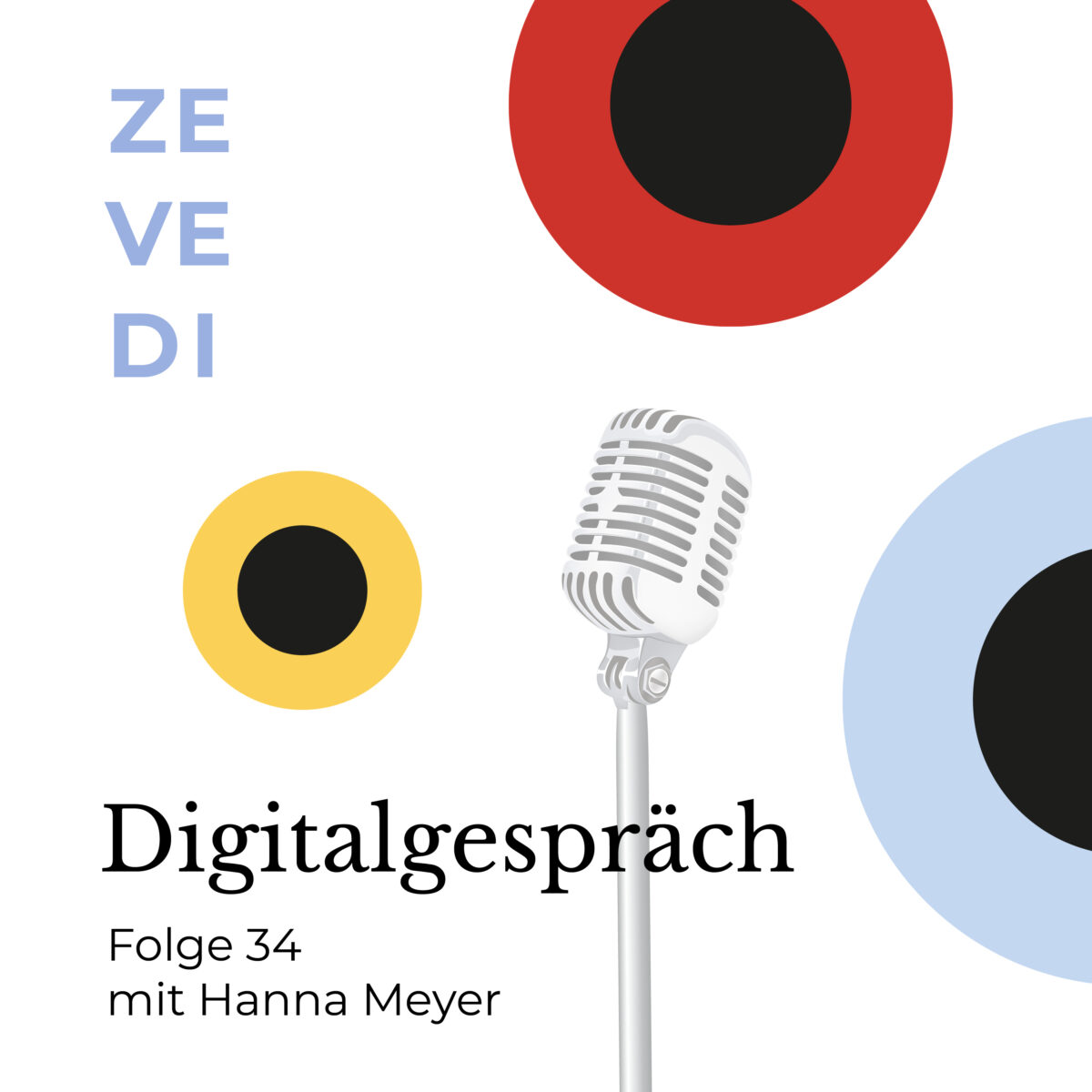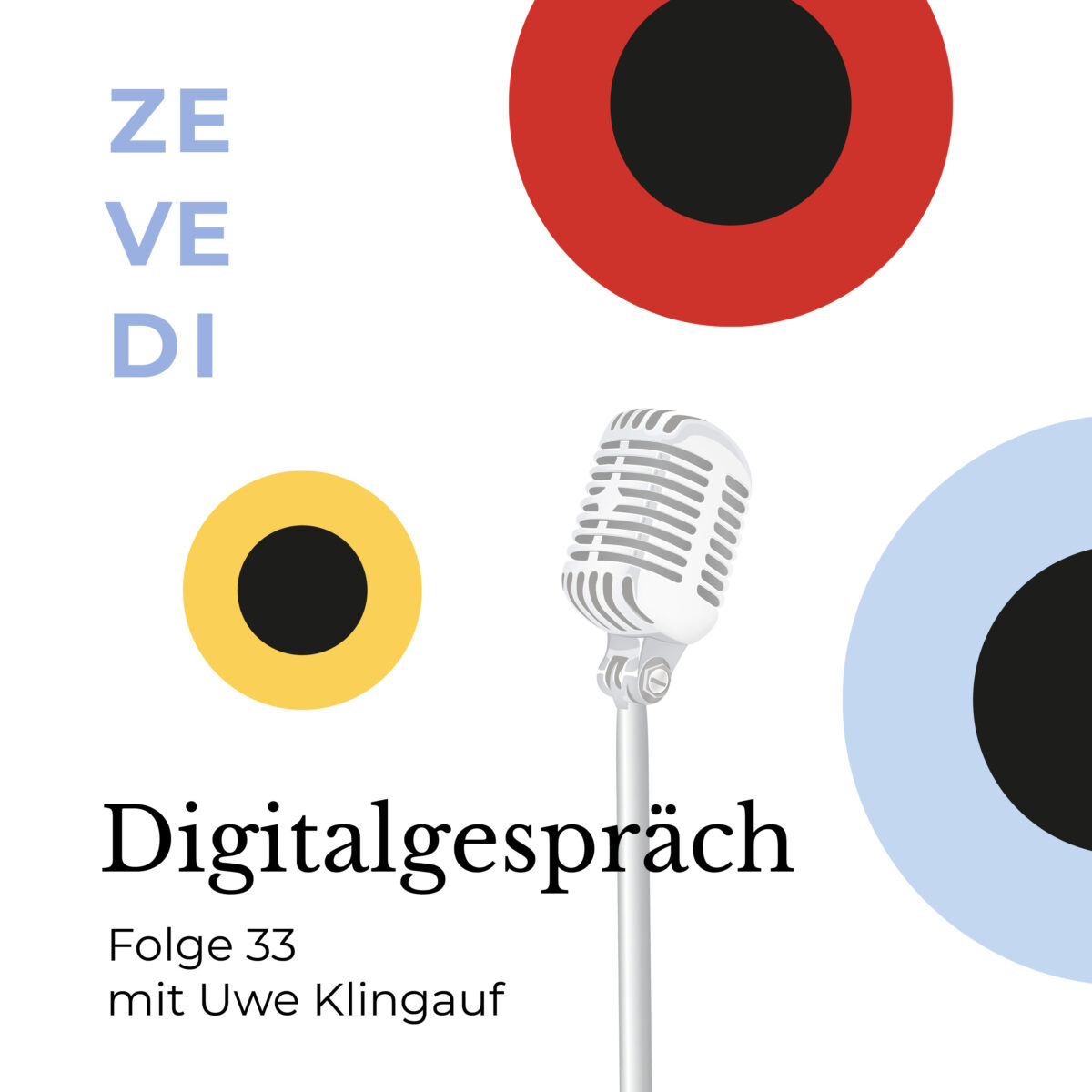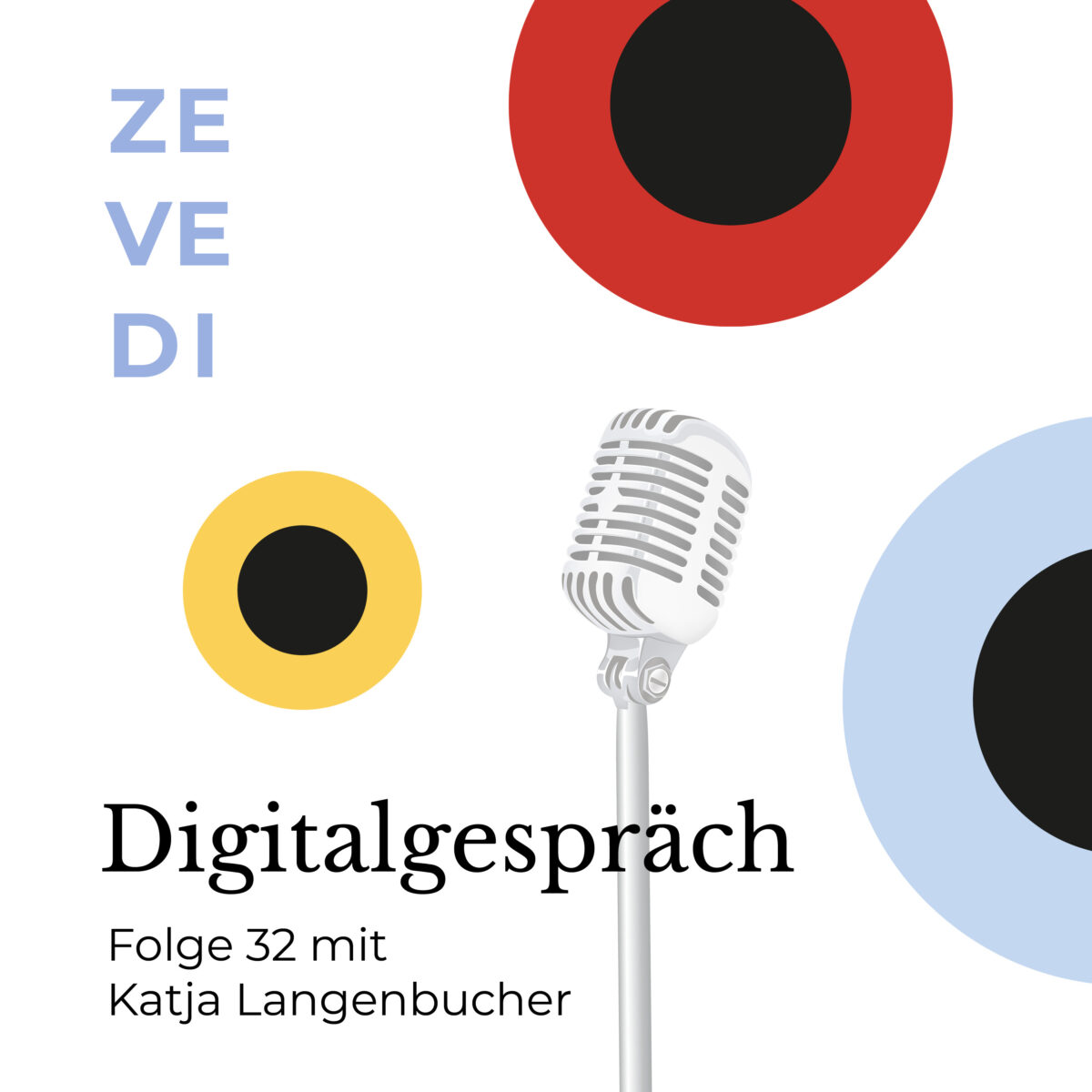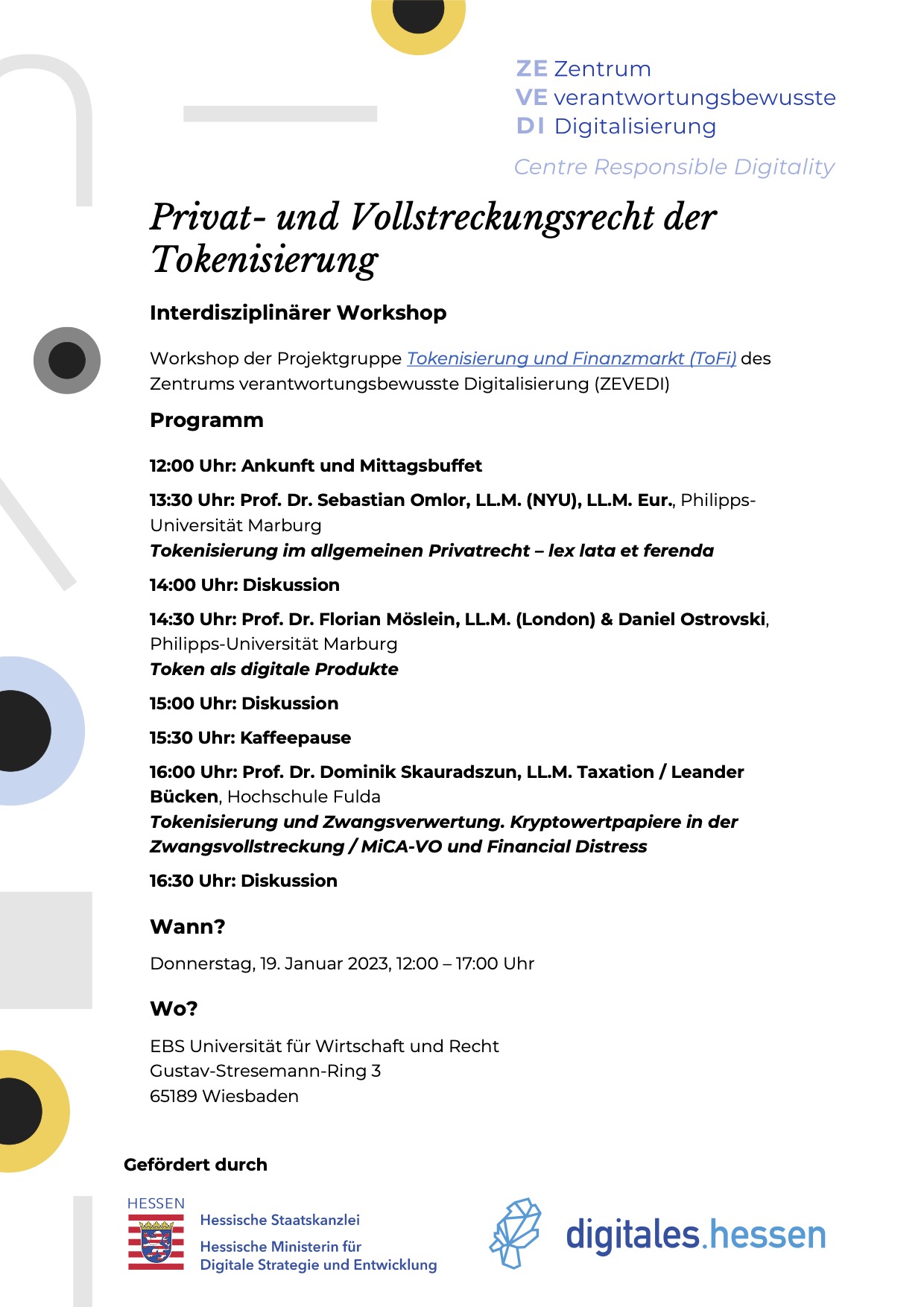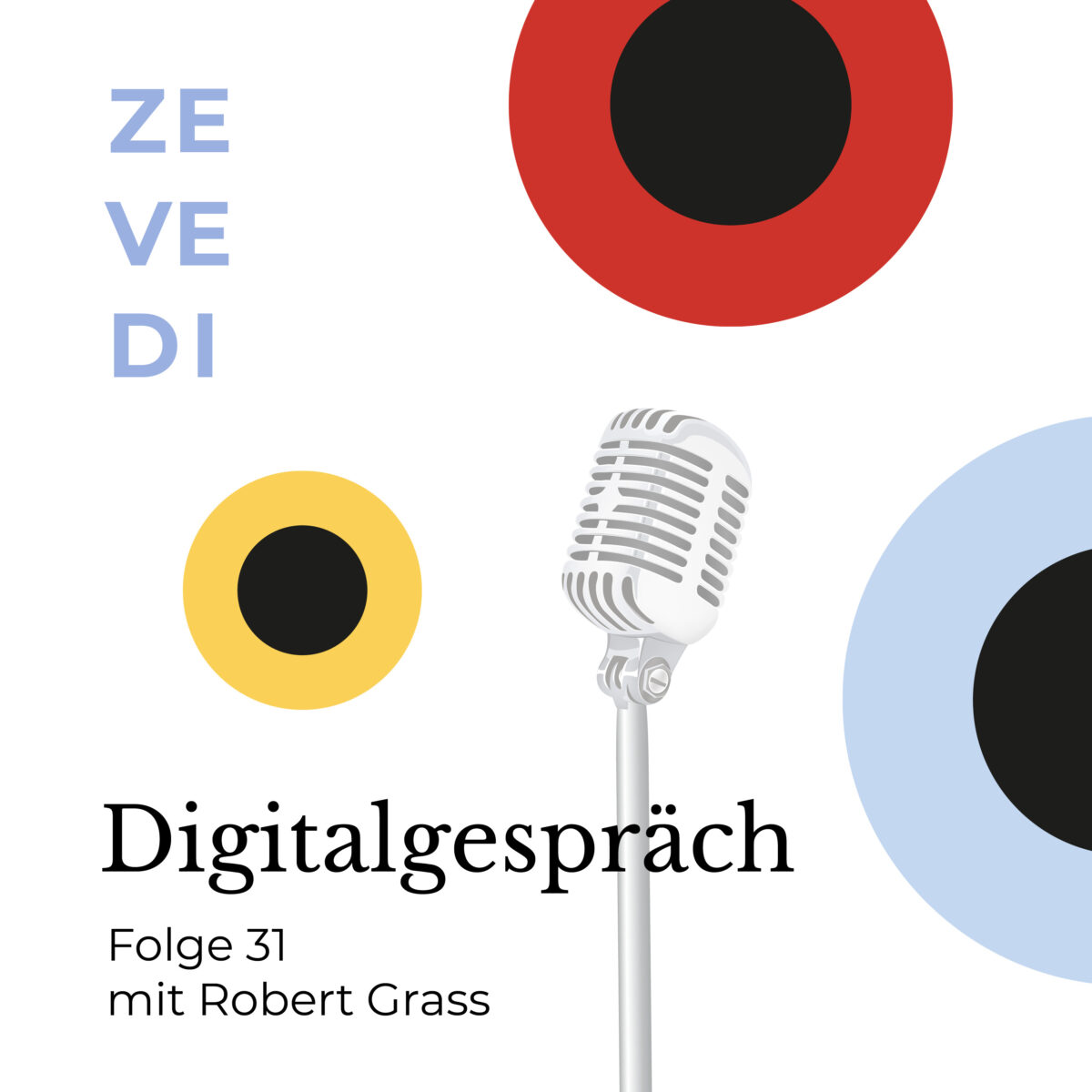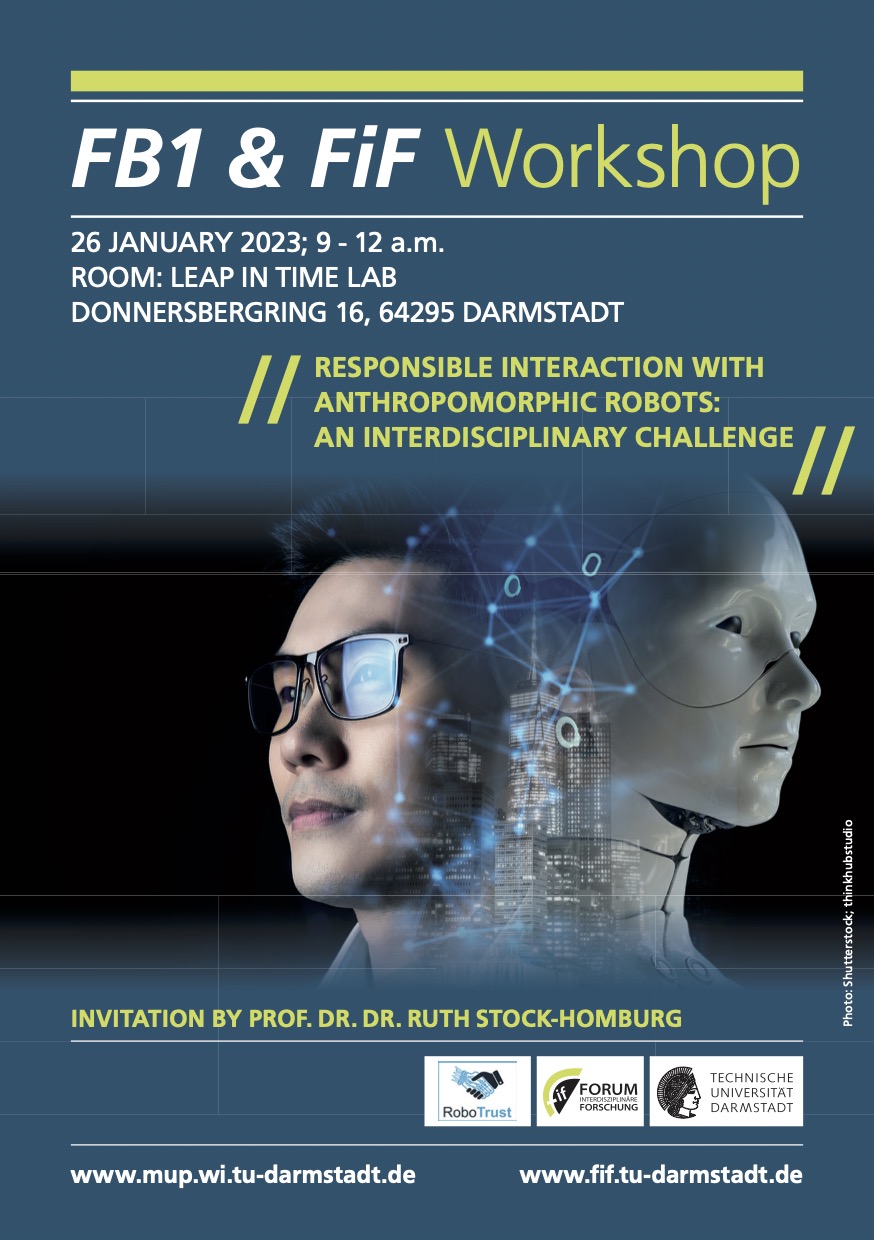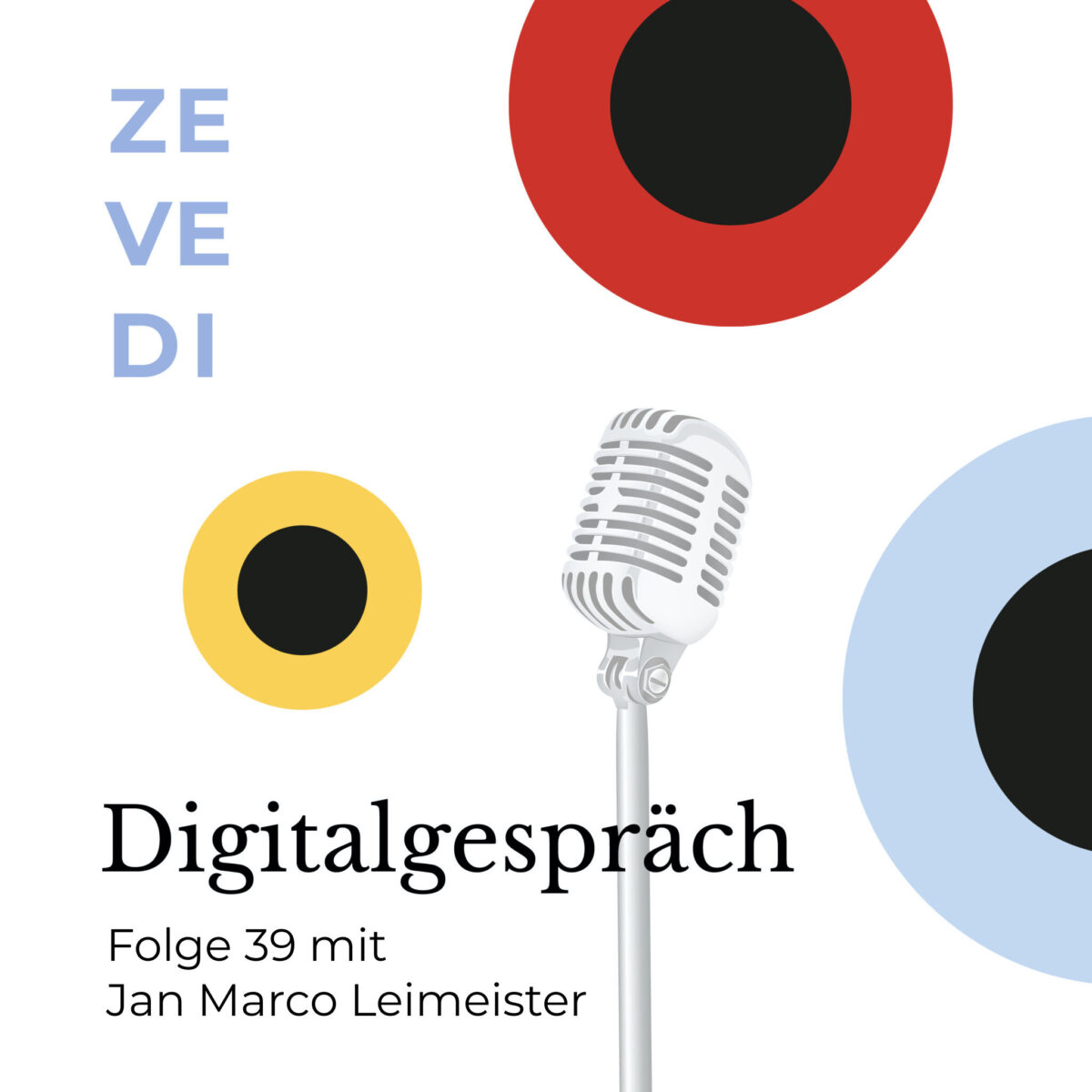
Digitisation in public sector institutions takes place under different conditions than digital innovations in the private sector or at home. There is a great gap between what has obviously been technically possible for a long time and what is being implemented in public schools, for example. Also great: The resentment that some people feel about this situation. And when it comes to children’s education and future opportunities, improving the status quo seems particularly urgent. The pandemic has shown that under the pressure of school closures – and with exceptions and special regulations in place – suddenly a great deal was possible where nothing had moved for decades before. However: privacy, data protection and data sovereignty are still important values. Our society cannot and should not simply give them up – even if, at first glance, digitally enhanced teachingworks better with Microsoft Teams, WhatsApp, Zoom and Co. than with data protection-compliant open source solutions and our own data centres. How do we get out of this dilemma?
Jan Marco Leimeister is Professor of Business Informatics at the Universities of Kassel and St. Gallen. The expert for change management and innovation processes has his eye on the Hessian schools as well as the workplace and adult education. In this episode of Digitalgespräch, he talks about insights from his observations – as a scientist who identifies structures and lines of conflict, and also as a father who has experienced a high level of digitalisation in all areas of life while being abroad with his children in Singapore. With hosts Marlene Görger and Petra Gehring, he discusses how digitisation can actually enhance teaching, where the responsibility for these transformation processes lies – and whether Singapore can serve as a model for us when it comes to digitisation in schools.
Further informationen:
Link to the report and guidelines “Einführung eines DSGVO-konformen Videokonferenzsystems an hessischen Schulen.” from the project by the same name, which is discussed in the podcast: https://kobra.uni-kassel.de/handle/123456789/14514
all episodes of Digitalgespräch»
The podcast is in German. At the moment there is no English version or transcript available.
